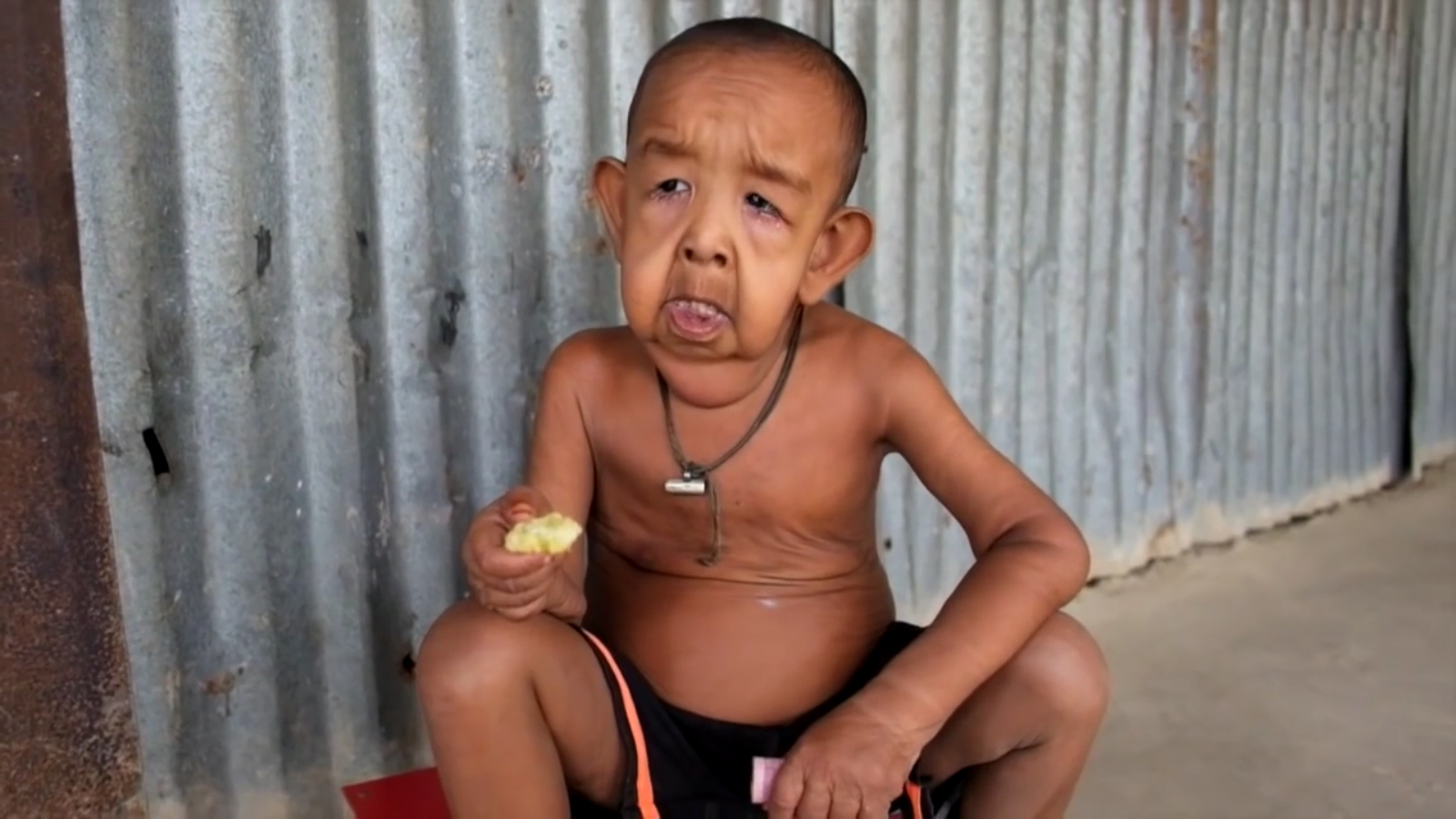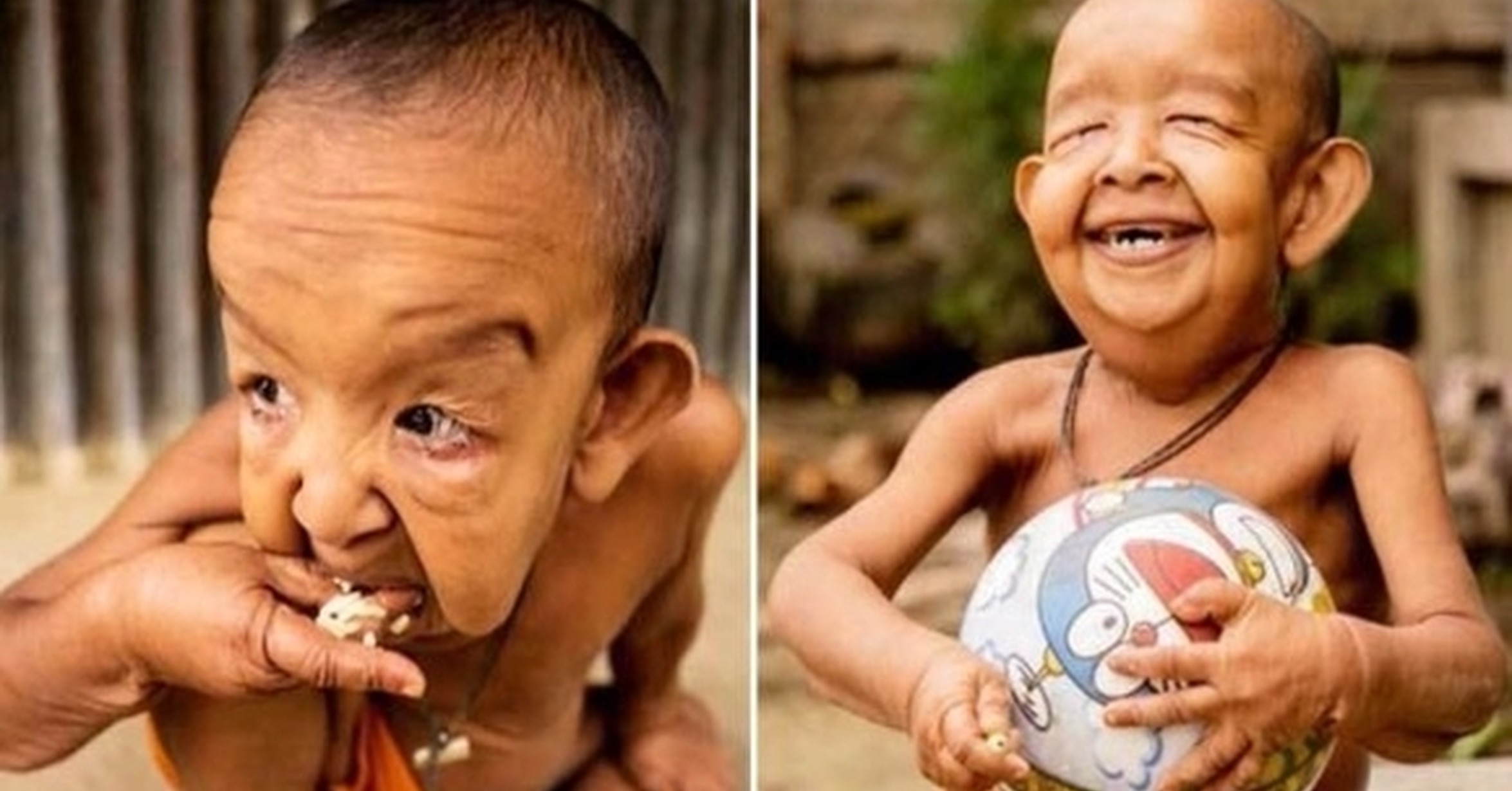In an unusual and heartrending situation, a 4-year-old child with a rare medical condition that causes premature aging finds themselves barred from school due to the influence of peer pressure. This article delves into the story of this remarkable child, the condition they face, and the challenges they encounter as they navigate the complexities of early education.

Understanding the Rare Condition:
The child in question has been diagnosed with “Progeria,” an extremely rare genetic disorder that accelerates the aging process, causing children to appear elderly from a very young age. Progeria affects only a handful of individuals worldwide, and its impact on physical appearance is striking.
The Impact on Education:
Due to the child’s appearance, they have faced exclusion and discrimination from their peers at school. The pressure to fit in and conform to societal norms has resulted in emotional distress, making it increasingly difficult for the child to attend school without fear of ridicule.

Parental Advocacy:
The child’s parents have been strong advocates, raising awareness about Progeria and educating both their child’s school community and the public about the condition. They emphasize the importance of acceptance, tolerance, and understanding in fostering a supportive environment.
Championing Inclusivity:
Inclusivity and empathy are crucial when dealing with unique cases like this child’s. Schools and communities play a pivotal role in ensuring that children with rare conditions have access to a safe and nurturing educational experience, free from discrimination.

The Power of Education:
Education is a fundamental right for all children, regardless of their appearance or medical conditions. It is essential to recognize that every child deserves a chance to learn, grow, and thrive, no matter how different they may appear.

Conclusion:
The story of this 4-year-old child facing school exclusion due to peer pressure is a poignant reminder of the importance of inclusivity, empathy, and education. While their appearance may be unusual, their right to access education and be treated with dignity and respect is unquestionable. By raising awareness about Progeria and advocating for a more compassionate society, we can ensure that every child, regardless of their unique circumstances, has the opportunity to receive a quality education and thrive in a supportive community.

